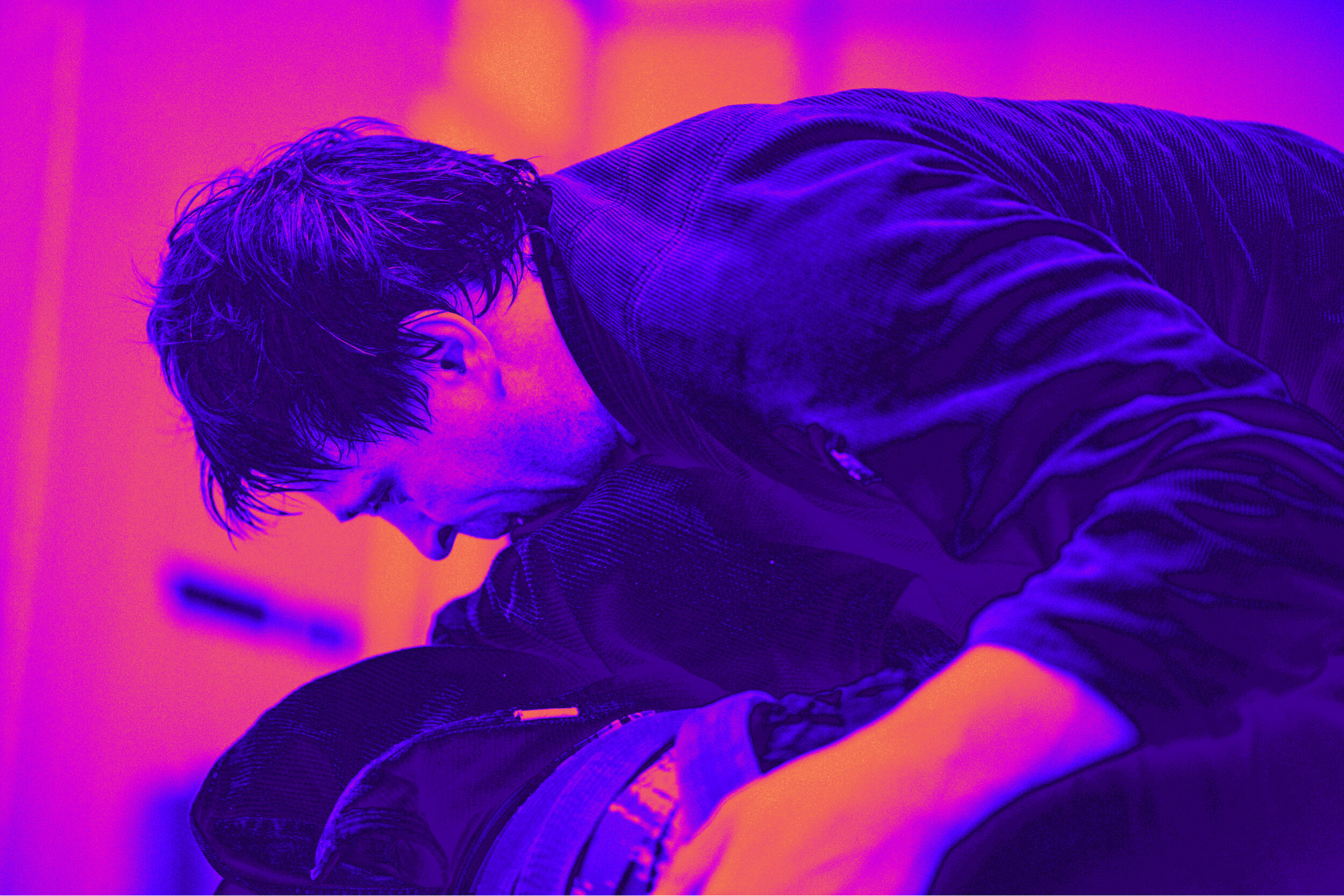Alexander Lyadov
My friend was surprised, 'Why do you even do jiu-jitsu?' when I admitted that I worry about getting injured every time I step onto the mat.
After thinking it over, I explained that grappling serves several purposes at once:
1. Progress. No matter your current level, training always convinces you: "You’re improving." Whatever happens in business, family, or the world, at least in this area, you are steadily moving forward.
2. Purpose. While rules constrain jiu-jitsu, it has a clear goal—to defeat someone who is resisting you with all their strength. There’s a criterion here, separating reality from illusions.
3. Integration. What’s most important in a fight—strength, endurance, agility, willpower, technique, strategy, or something else? The answer is: everything. In the end, such distinctions are conditional. Fighting is an integration of it all.
4. Physical development. Jiu-jitsu highlights your weak points. Yesterday, you were strengthening your shoulders with kettlebells, and tomorrow, you’ll need rowing for your back. Function comes first, aesthetics can wait.
5. Creativity. Besides fostering development, the game is exhilarating in itself because it requires you to be a creator. In a fight, you rely both on your spontaneous inventiveness and your honed skills.
6. Mastering aggression. In modern society, the level of hidden aggression is steadily rising, while overt displays of it are increasingly condemned. Jiu-jitsu teaches you that aggression is a valuable resource. Once you’ve mastered it, you can work miracles even in dead-end situations.
7. Contact. Though the embraces in a fight may feel like bear hugs, it’s still physical contact. Science says that hugs lower the stress hormone cortisol and increase oxytocin, dopamine, and serotonin. After sparring, your body might be tired, but your spirit sings lively songs.
8. Self-discovery. The mat is a mini-laboratory where you experiment on yourself. How do you react to victories and defeats? What do you feel when you're stuck? How do you decide when to give up or try something else? Who you are in the little reveals who you are in all.
9. Community. The effort and risks weed out people who don’t belong. That leaves only those who want something roughly similar to what you do. Even if you're a misanthrope, growth in grappling demands interaction with others. So total loneliness won’t threaten you anymore.
The list could go on, but isn’t this enough reason to try jiu-jitsu?
Sincerely yours,
-Alexander
About me:
As a business therapist, I help tech founders quickly solve dilemmas at the intersection of business and personality, and boost company value as a result.
How can I help you?
If you've long been trying to understand what is limiting you and/or your business and how to finally give important changes a push, then The Catalyst Session is designed specifically for you. Book it here.


